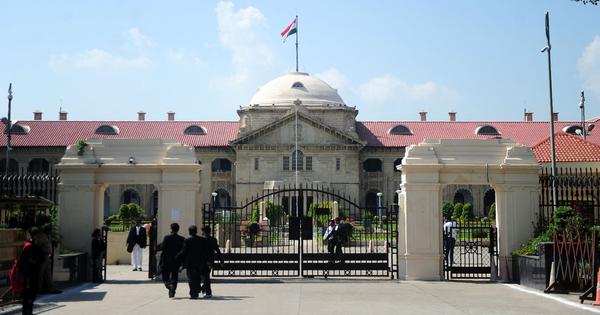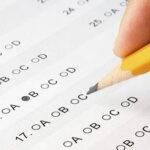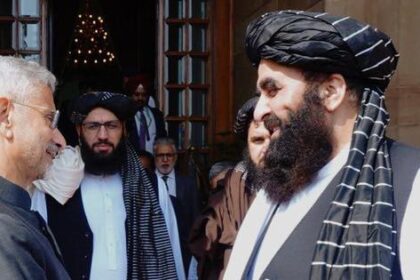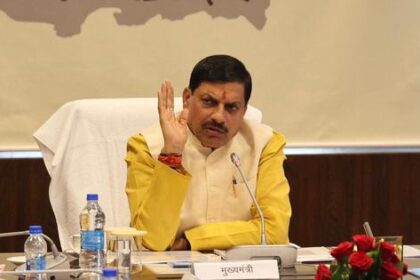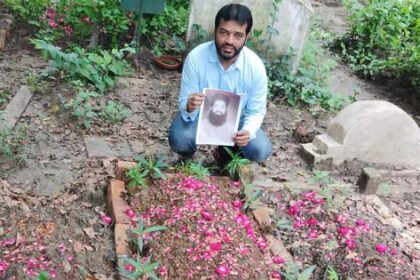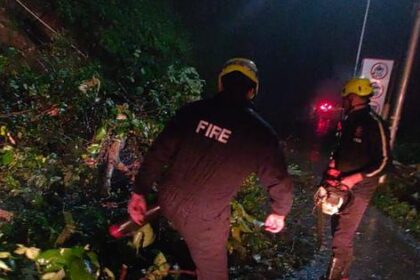Court’s refusal does not excuse illegal actions by authorities or university officials, it clarifies
The Allahabad High Court has decided not to entertain a public interest litigation that sought a judicial inquiry into allegations of police brutality against students at Shri Ramswaroop Memorial University in Barabanki, Uttar Pradesh. The decision was made by a division bench consisting of Justices Rajan Roy and Manjeev Shukla.
While the court dismissed the petition, it emphasized that this refusal should not be interpreted as an endorsement of any unlawful actions carried out by government authorities or officials associated with the university. The case has drawn attention due to the circumstances surrounding a protest that occurred on September 1, when members of the Akhil Bharatiya Vidyarthi Parishad, the student wing of the Rashtriya Swayamsevak Sangh, demonstrated outside the university premises.
The protesters raised concerns regarding various irregularities related to course offerings, fee structures, and administrative practices at the institution. Among their allegations was the claim that the university was operating its law program without the necessary approval from the Bar Council of India. In response to the protest, police were deployed to disperse the crowd, leading to a baton charge that reportedly resulted in injuries to several students.
Following the incident, cases were filed against some of the protesters, and multiple students were detained by law enforcement. In the wake of these events, a special investigation team, led by the inspector general of the Faizabad Range, later confirmed the presence of irregularities in the law courses offered by the university.
The litigation brought before the Lucknow bench of the Allahabad High Court called for a judicial probe to be conducted by a retired High Court judge and sought to hold accountable the police personnel implicated in the injuries sustained by students. However, the bench observed that none of the students who claimed to have been injured had directly approached the court. Furthermore, it noted that the matter of recognition for the university’s law courses was already being addressed in another public interest litigation.
Given these considerations, the bench expressed that it found no compelling reason to proceed with the public interest litigation. The court’s ruling underscores the complex interplay between student protests, law enforcement responses, and institutional accountability in the context of higher education in India.

